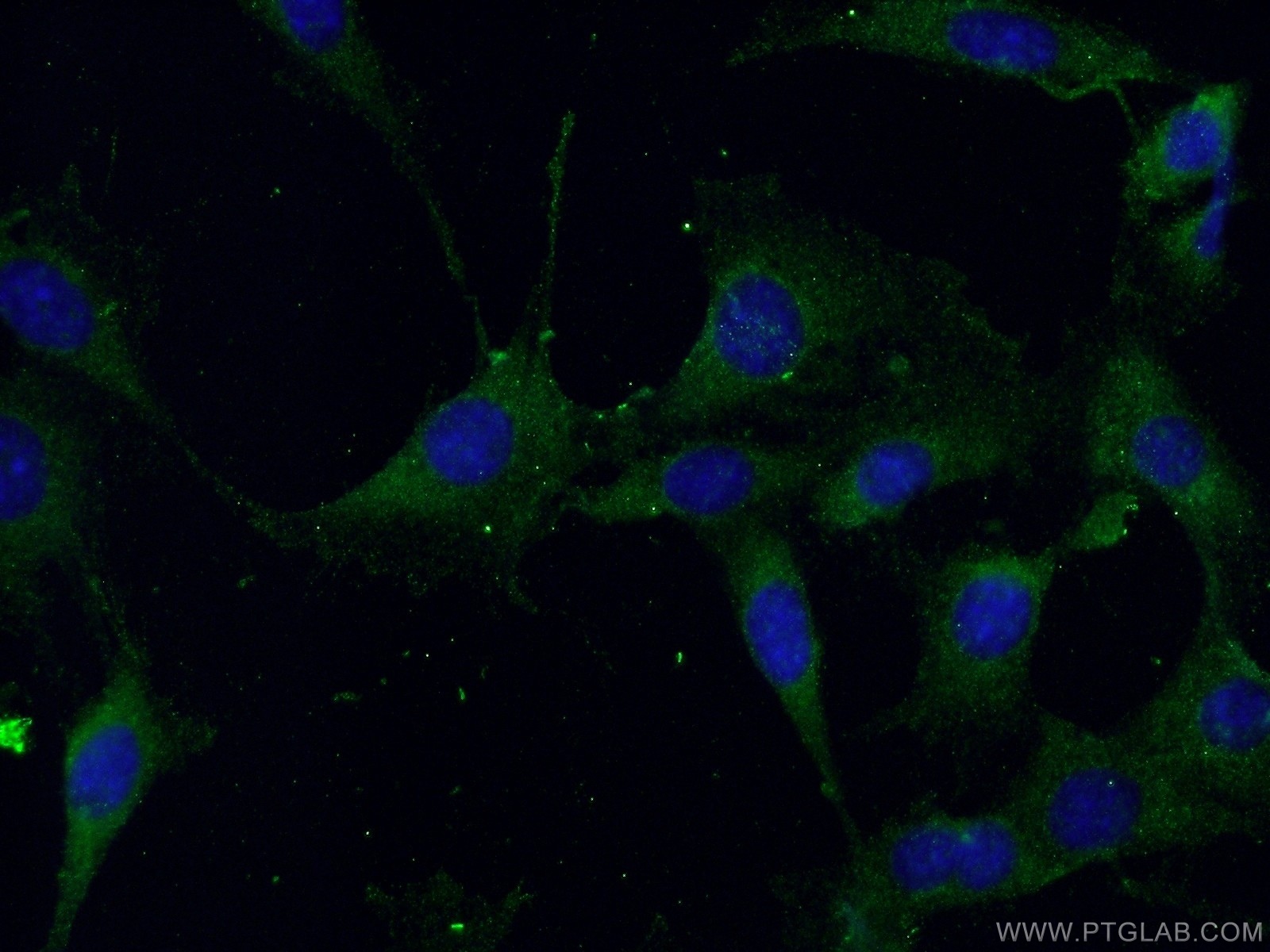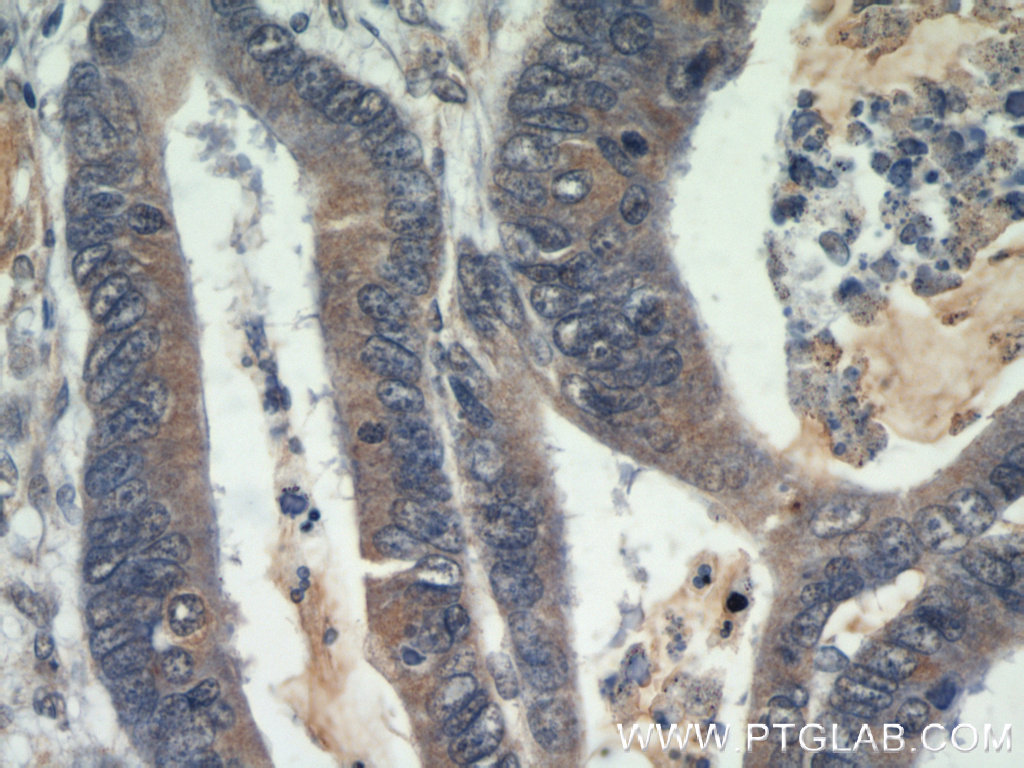Beclin 1 (Atg6)
A unique autophagy-related protein
Beclin 1, also known as ATG6 or VPS30, interacts with various cofactors (e.g., Ambra1, Barkor (Atg14), Rubicon, or UVRAG) to regulate the lipid kinase Vps34 and promote formation of the BECLIN1-Vps34-Vps15 complex, hence inducing autophagy. Its function (via the BH3 domain) is inhibited by Bcl-2 or Bcl-XL.
Beclin 1 is a key molecule in the control of autophagic activity, and its activity is regulated by multiple mechanisms, including post-translational modification, protein–protein interaction, and subcellular localization. It plays a role in crosstalk between apoptosis and autophagy. It is involved in many disorders, including neurodegeneration and cancer (tumorigenesis). Beclin 1 is a mammalian tumor suppressor, and its gene is monoallelically deleted in 75% of ovarian, 50% of breast, and 40% of prostate cancers. Decreased expression of Beclin 1 has also been observed in human brain and lung tumors. The level of Beclin 1 was decreased in the affected brain regions of patients with Alzheimer’s disease early in the disease process, and this deficiency disrupts neuronal autophagy, modulates APP metabolism, and promotes neurodegeneration. Recent studies have also shown that gain and loss of Beclin 1 function affects the death of heart cells.
Targeting Beclin 1 might be a useful and effective future treatment for cancer, neurodegeneration, or heart disease.
 |
|
IF analysis of NIH/3T3 cells labeling Beclin 1 antibody (11306-1-AP; 1:50) and Alexa Fluor 488-conjugated AffiniPure Goat Anti-Rabbit IgG(H+L). |
 |
| IHC of paraffin-embedded human colon cancer using Beclin 1 antibody (11306-1-AP) at a dilution of 1:50; under 40x. |
